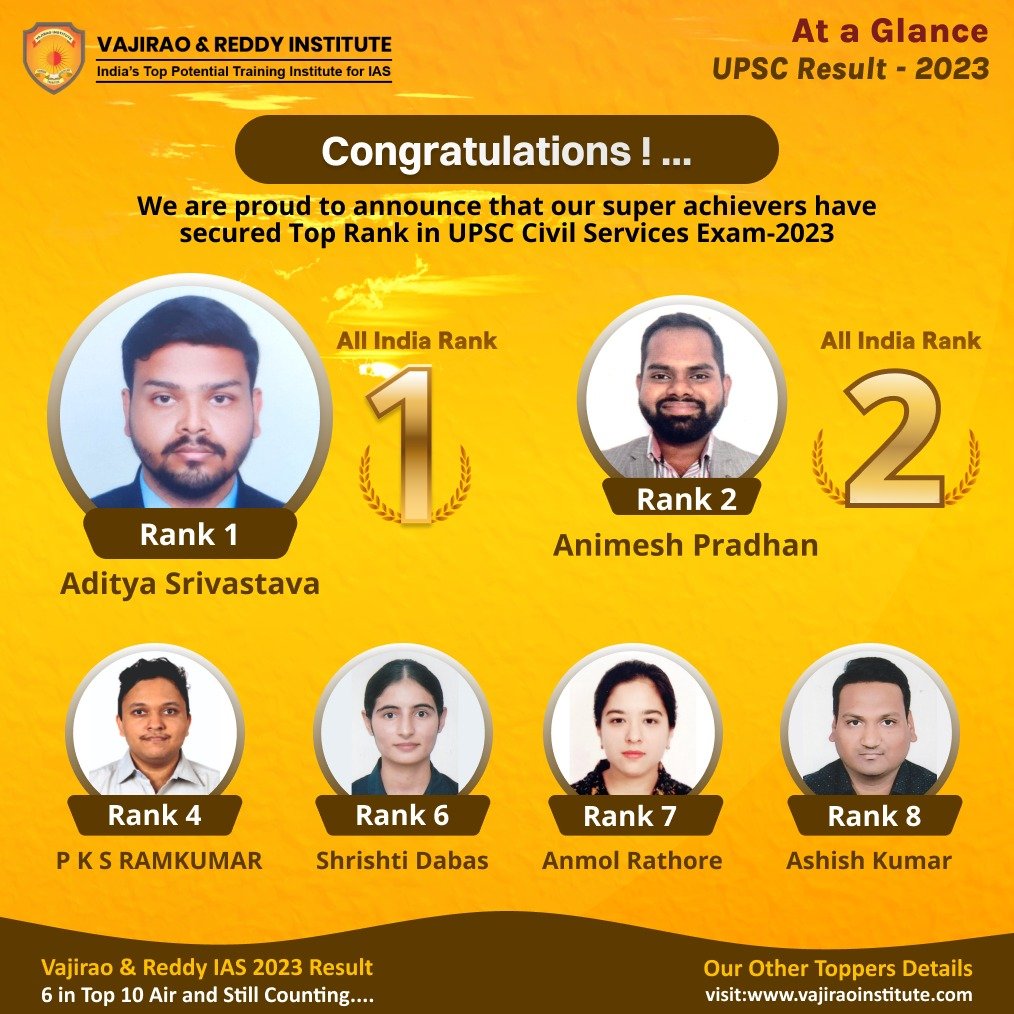Pervez Musharraf and India: When the Pakistani dictator met prime ministers Atal Bihari Vajpayee, Manmohan Singh
Context- General Pervez Musharraf who, according to Pakistani media reports died in a Dubai hospital on Sunday (February 5), took power after overthrowing the democratically-elected Prime Minister Nawaz Sharif in October 1999. He declared himself the country’s Chief Executive, and then President in June 2001 — a position that he held until August 2008, when he was forced from power.
During this decade as the ruler of Pakistan, Musharraf had five meetings with Indian Prime Ministers — two with Atal Bihari Vajpayee and three with Manmohan Singh. He retained his characteristic intransigence and sense of self-importance through these meetings, which ensured they resulted in only modest achievements, and largely added to the list of lost opportunities to improve bilateral relations.

(Credits- Swarajya)
1- Agra Summit, July 2001: Atal Bihari Vajpayee & Pervez Musharraf, Agra
- This was the first meeting of the leaders of the two countries after theKargil War of May-July 1999, Musharraf’s reckless misadventure as chief of the Pakistan Army to undo the historic Lahore Declaration of February 1999.
OUTCOME:
The talks ended in failure, and mutual recrimination.
2- SAARC Summit, January 2004: Vajpayee & Musharraf, Islamabad
- The two leaders met on the sidelines of the Twelfth SAARC Summit. This was the last time that Pakistan hosted a SAARC Summit; India pulled out of the Sixteenth Summit scheduled in Islamabad in 2016 after the terrorist attack in Uri, and there have been no meetings of the regional forum since then.
- India and Pakistan had agreed to a ceasefire along the Line of Control in 2003, and that agreement was in place during the 2004 meeting between Vajpayee and Musharraf.
OUTCOME:
This was possibly the most constructive Summit between the countries. The Joint Statement issued afterward set the stage for the Composite Dialogue Process, under which discussions on eight issues, including Kashmir and terrorism, was agreed upon. The Joint Statement was an implicit admission by Pakistan that terrorism against India emanated from Pakistani soil.
3- United Nations, September 2004: Manmohan Singh and Musharraf, New York
- This was the first meeting between the leaders of India and Pakistan after the UPA government came to power. Prime Minister Singh, who was born in Pakistani Punjab before Partition, had shown a personal interest in normalizing relations.
OUTCOME:
The Joint Statement reiterated the commitment to continuing dialogue to restore normalcy and cooperation. The two countries agreed to implement the Confidence Building Measures of all categories, and discussed the possibility of a gas pipeline via Pakistan to India in the interest of the welfare and prosperity of both countries.
4- Cricket Summit, April 2005: Manmohan Singh & Musharraf, New Delhi.
- Ten days after the cross-LoC bus was inaugurated, with a can-do mood in the context of ceasefire and Composite Dialogue Process, Musharraf visited New Delhi. Inzamam-ul-Haq’s side was in India to play three Test matches and six One Day Internationals, and Musharraf’s visit was ostensibly to watch the sixth ODI at the Feroz Shah Kotla on April 17. Both sides declared their willingness to find an “enduring” solution to all issues.
OUTCOME:
The signaling was warm, and there appeared to be friendly feelings on both sides. This was the time that Singh and Musharraf had reached close to some kind of resolution of the Kashmir issue, it was reported subsequently.
5- Non-Aligned Summit, October 2006: Manmohan Singh & Musharraf, Havana
- The Summit took place in the shadow of the July 11, 2006 terrorist bombings on Mumbai’s local trains in which more than 200 people were killed. The terrorist attacks had led to India “pausing” the Composite Dialogue Process.
- Until then, there was talk that an agreement on Kashmir was near. An agreement on Siachen, however, had been vetoed by the Indian Army.
OUTCOME:
The Summit meeting agreed to set up an Anti-Terror Mechanism, a joint committee to share intelligence, that was to meet twice a year. But it met only once, in Islamabad in March 2007.
Conclusion- Pakistan’s failure to act on terrorism emanating from its soil continues to be a roadblock in constructive engagement between two sides.
Source- Indian Express
Syllabus- GS-1; Post Independence History



